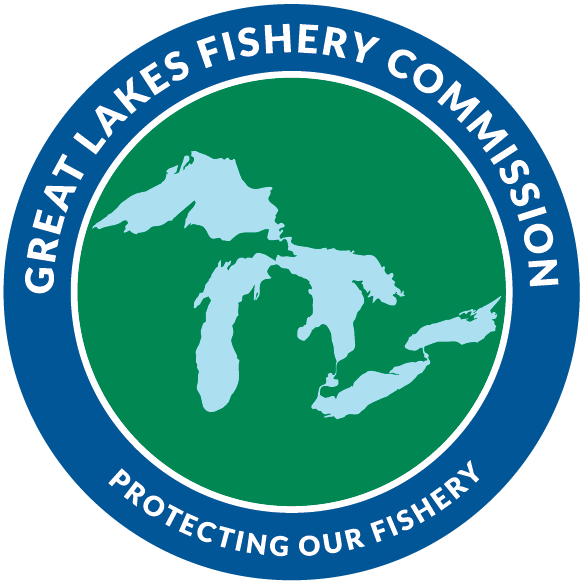Dataset
FishPass Assessment Plan long-term monitoring of hydrologic and water quality data
The Great Lakes Fishery Commissions’ (GLFC) FishPass project seeks to reconnect the waterscape for only desired species (i.e., selective passage) by integrating a multitude of existing and novel passage techniques and technologies. The probability of a fish passing through a sorting system is dependent on environmental conditions and a fish’s motivation ─ its internal state in relation to environmental stimuli. While fish decision making abilities introduce complexity to the sorting operations, they also provide an opportunity to exploit behavioral tendencies and abilities to achieve selective sorting. The FishPass Assessment Plan details a monitoring program aimed at quantifying fish movement and sorting capabilities associated with both individual mechanisms and integrated sorting systems. The results of the monitoring program will be used to inform future adjustments to the selection of techniques and technologies and their configuration to optimize passage of desirable species while blocking and/or removing undesirable species. A key component to the Assessment Plan is the long-term monitoring of abiotic variables in and around FishPass. This data management plan contains the collection, processing, and storage of hydrologic (e.g., river discharge, water level) and water quality (e.g., temperature, specific conductivity, conductivity, and turbidity) data collected at mostly static stations throughout the Boardman/Ottaway River. The dataset is updated annually. These data are collected until the initiation and/or substantial completion of the FishPass structure. Collection of these data are expected to continue after FishPass construction but modifications to the extent and location of monitoring stations are anticipated. As a result, a new data management plan will be created for long term hydrologic and water quality monitoring post construction. R. Swanson, GLFC Assessment Biologist, is primarily responsible for maintaining the monitoring equipment, data retrieval, quality assurance/quality control (QA/QC), and data curation. D. Zielinski, Principal Engineer/Scientist, assists with QA/QC and data curation.

